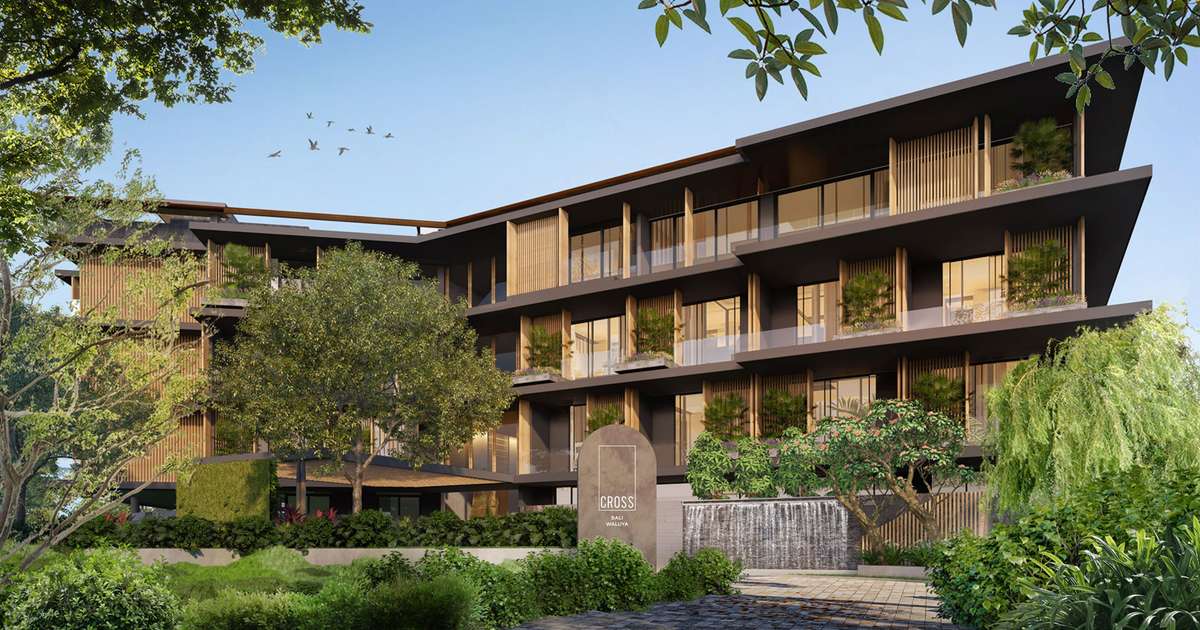
Clarksville Now publishes opinion pieces representing both sides of a variety of topics. Opinions presented do not necessarily reflect those of the newsroom or management. To join the conversation, email your opinion piece to [email protected].
Commentary by Chris Smith, editor-in-chief of Clarksville Now:
Fans of the long-running reality TV series Survivor get a thrill out of the blindside. At the end of each show, a contestant is voted off, and if the vote is a complete surprise – a blindside – it can be fun to watch the reaction, and sometimes the person who organized the blindside is rewarded for their strategic gameplay.
This makes for great television entertainment. It’s not so successful in local politics.
Three times in the last six months, local leaders have made critical decisions that would have a deep and long-term impact on our community with little to no prior discussion with anyone outside City Hall and the County Courthouse. And each time, they’ve had to alter or reverse course after public backlash.
Is there something in the water?
3 decisions, 3 walk-backs
On Feb. 23, Clarksville Mayor Joe Pitts announced a plan to pay for the much-desired Performing Arts Center with a new, additional 4% hotel/motel occupancy tax. This was a shock to local Economic Development Council tourism officials – whose job it is to keep these lodgings full – and to the owners of local hotels and motels. Adding the tax would have given Clarksville the highest total hotel/motel tax rate in the nation, which is not a reputation you want when you’re trying to attract visitors to our city.
Two months later, after discussions between City Hall and the EDC, Pitts backed off and reduced the added tax to 2.75%.
On May 16, the Clarksville Parks and Recreation Department announced that the Mason Rudolph Golf Course would be shut down at the end of the month and converted into a public park. The city even had a new sign created that said “Mason Rudolph Legacy Park.” The city says the golf course is not used often enough and is too expensive to maintain.
One week later, after a backlash from supporters of the golf course, Pitts halted the plan and said the city would hear more public input before making a final decision.
On June 3, Montgomery County government announced at a commission meeting that the planned new juvenile resource center – a combination of a much-needed detention facility and a support/education center – would be built on two parcels of land on Madison Street, in the middle of an area primed for economic development.  The proposed location for a juvenile resource center: 739 Madison St. and 741 Madison St., part of which has been home to God’s Sanctuary Church. (Christian Brown)
The proposed location for a juvenile resource center: 739 Madison St. and 741 Madison St., part of which has been home to God’s Sanctuary Church. (Christian Brown)
One day after Clarksville Now published an article on the proposal, County Mayor Wes Golden yanked back the plan, saying the county would consider other sites before making a final proposal.
Bold leadership needed, but with public input
There’s a lot to be said for bold, decisive executive leadership in local government. We have certainly had city and county mayors who spent their terms in office keeping chairs warm, turning every move into a tangle of litigiousness, delays and legislative dithering. We have also had mayors who made firm decisions and steamrolled anyone who got in their way, with mixed results.
But there is a middle ground, and without the blindside:
On the hotel/motel tax plan, Pitts should have discussed with the EDC what he was trying to accomplish and gotten their buy-in – or at least their input on the impact – before presenting a plan to the City Council.
On the Mason Rudolph Golf Course, the city should have opened the discussion to the public, not to mention the people who live in the neighborhoods surrounding the course, before deciding the property’s future.
On the juvenile resource center, county officials should have discussed the proposal with nearby land owners and other stakeholders before presenting a location to the County Commission.
In each case, the choices aren’t necessarily the wrong ones: The Performing Arts Center needs to be built, and a hotel/motel tax at some level is a good way to pay for it. Turning the golf course into a park is an idea that has some merit, and it’s worth public discussion. The juvenile resource center is a critical need, and it should be located somewhere downtown, but can we consider other options?
Yes, good leadership ignores the naysayers and moves forward with boldness. But only after reasonable input from key stakeholders and the public at large.
We have three recent examples of what it looks like when that doesn’t happen.
Chris Smith


